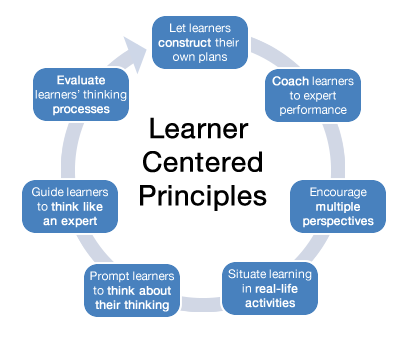 This module aims to enable teacher trainees to maximize learning for all students including those with varying educational needs. It provide trainees with theoretical and practical knowledge in varying learner-centered approaches that apply to learners with different special educational needs.
This module aims to enable teacher trainees to maximize learning for all students including those with varying educational needs. It provide trainees with theoretical and practical knowledge in varying learner-centered approaches that apply to learners with different special educational needs.
It will particularly focus on the Universal Design for Learning (UDL) approaches, child-cantered and/or child to child approaches.It will guide and facilitate students to conceive, design, produce and apply educational resources that are applicable to educational needs of varying learner’s needs and abilities in inclusive educational settings. The module will provide an opportunity to practice the varying teaching approaches and use of varying resources for different categories of learners.
This Module seeks to introduce the student to knowledge and skills related to supervision, evaluation and management of SEN by
This Module seeks to introduce the trainee knowledge and skills related to supervision, evaluation and management of SEN by focusing on the following key components:
on the following key components: The basic skills of supervision and evaluation of teaching and learning with respect to SNE. These may include the aims of clinical supervision, functions and skills of clinical supervision, fundamentals of clinical supervision, models of clinical supervision, areas of observation during clinical supervision, categories and types of tools of observation techniques, the construction and use of inquiry tools, analysis of teachers’ interaction skills, peer appraisal and self-reporting, recording and grading. The nature of supervision and other school/college practice, preparing students for school/college practices (internship), teacher education methodologies, supervision of instruction during internship, areas of focus on supervision while supervising students, types of records, reports and techniques of recording reports. The concept and nature of classroom management and classroom discipline, principles and techniques of behaviour modification, principles and models of classroom discipline, factors that control and influence classroom management and discipline, interrelatedness between discipline, curriculum and teaching, discipline, communication in the classroom, aims of classroom practice, analysis of types and pattern of communication, techniques of evaluating learning outcomes, the changing needs of learners and individual differences, techniques of sustaining learners’ involvement, influence, dilemma, decision making and communication in the classroom in the Rwandan school context. The improvisation of alternative learning and teaching opportunities in situations where learning difficulties and other SEN challenge the process.